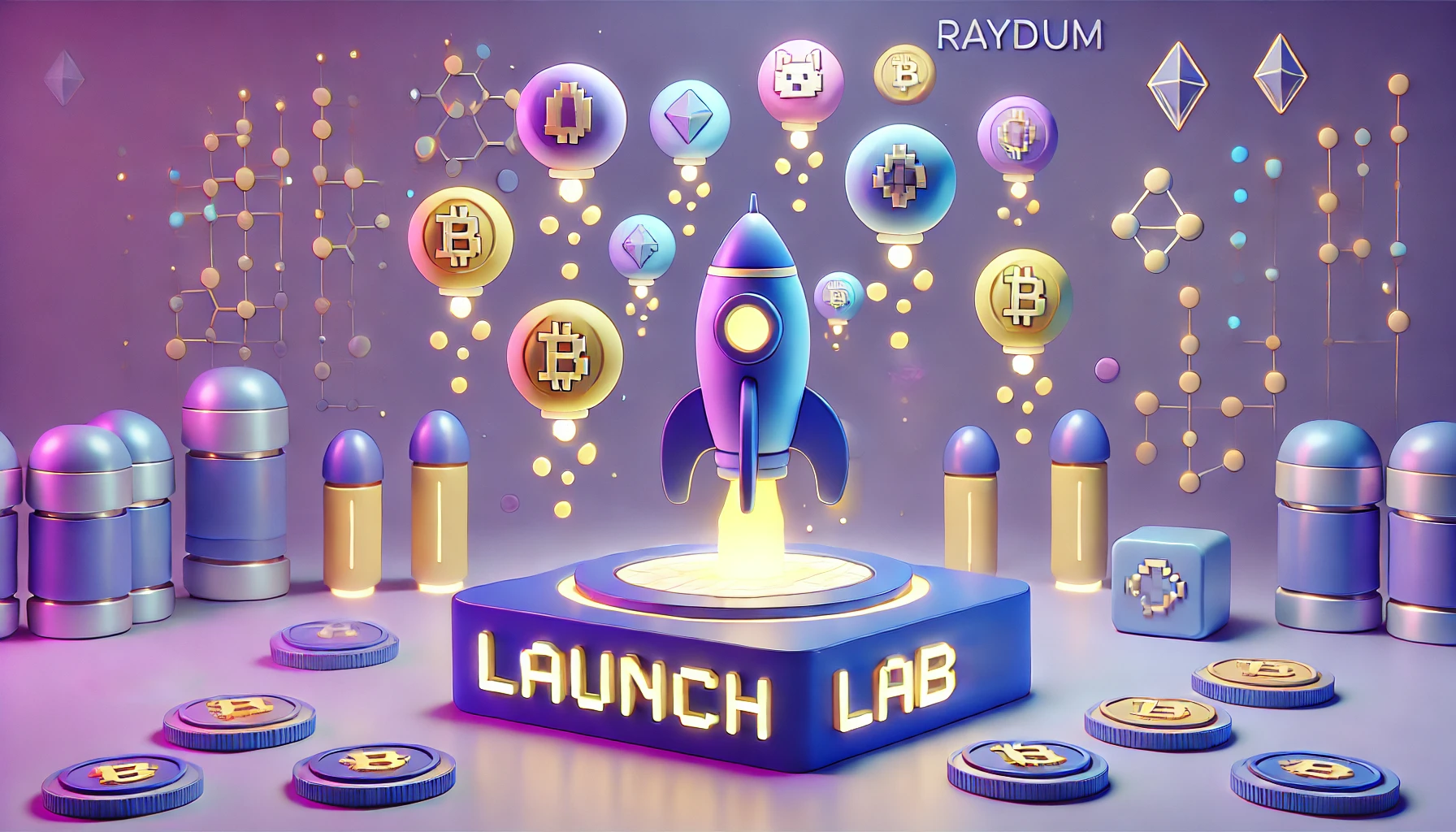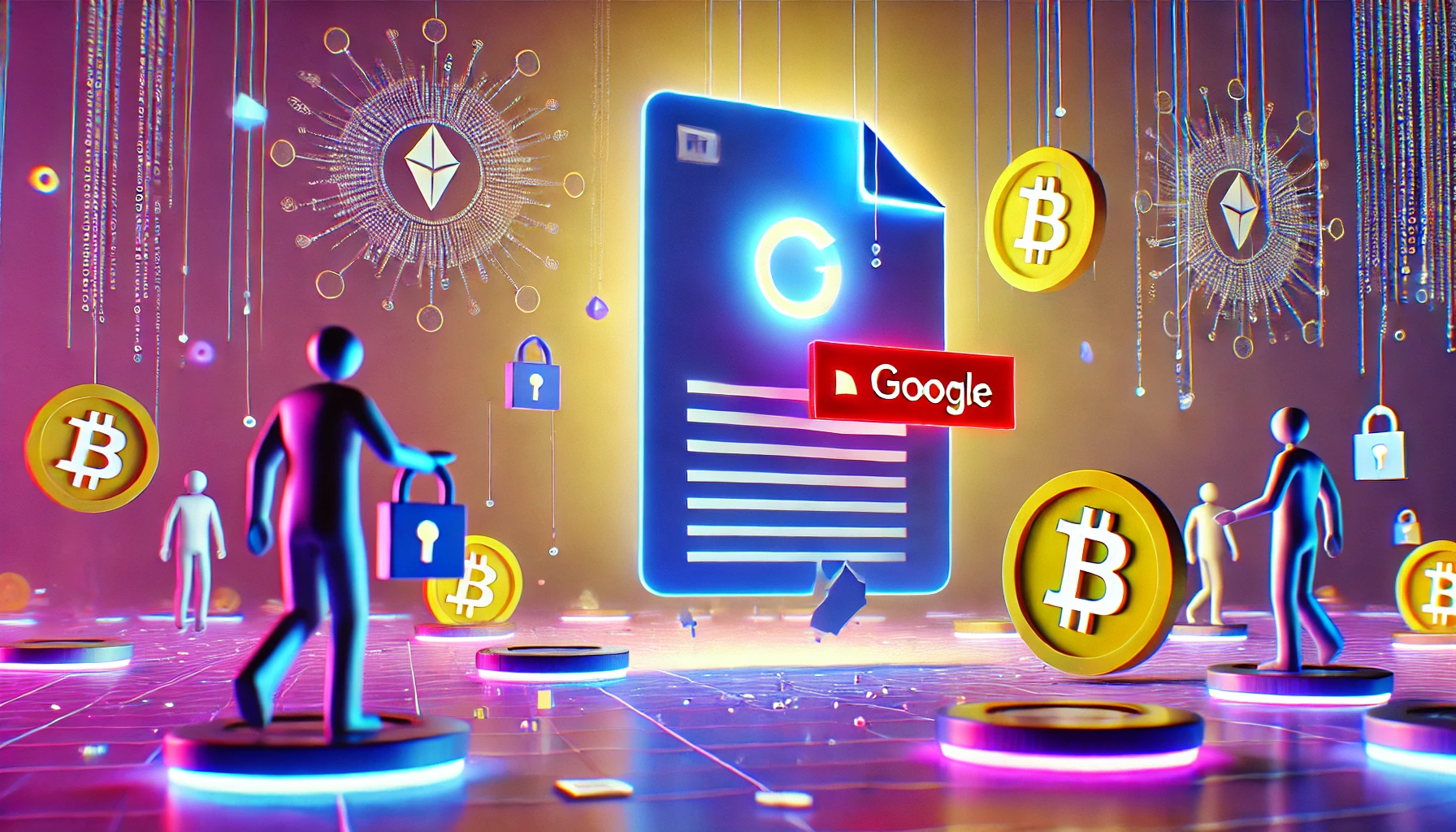The crypto-currency sector continues to grow, but some companies in this field are finding it difficult to expand. Such is the case with Cardinal Labs, the company behind the Solana blockchain-based Cardinal protocol, which recently announced it was shutting down after raising $4.4 million. In this article, we’ll explore the reasons for this closure, as well as the possible consequences for the crypto-currency industry.
Why does the Cardinal protocol stop?
Cardinal Labs was backed by several major players in the crypto-currency sector, including Animoca Brands, Delphi Digital, CMS Holdings and Alameda Research. Its main objective was to facilitate the development and use of Non Fungible Tokens (NFT) on the Solana blockchain by providing a commercial infrastructure and various services to users.
So why did the Cardinal protocol have to cease operations? There are several factors to consider:
- Increased competition in the NFT sector, with the emergence of numerous other platforms and similar projects.
- Technical difficulties encountered during the development and implementation of proposed solutions
- Lack of profitability despite substantial initial investment
Cardinal Labs has therefore taken the difficult decision to wind down its activities, despite the importance of its role in the development of NFT on Solana.
Les réactions du secteur
The news of the closure of the Cardinal protocol has been greeted with sadness and disappointment by players in the crypto-currency sector. Many point to the importance of the work done by Cardinal Labs to promote the use of NFTs on Solana. However, it also highlights the challenges faced by companies in this fast-growing field.
What are the consequences for Solana and NFT?
The closure of the Cardinal protocol is a major blow for Solana, which has lost a key player in the development of NFTs on its blockchain. However, it’s important to note that other projects continue to work on similar solutions and that the Solana ecosystem remains dynamic. Here are some of the possible consequences:
- La fermeture du protocole Cardinal est un coup dur pour Solana, qui perd un acteur clé dans le développement des NFT sur sa blockchain. Cependant, il est important de noter que d’autres projets continuent à travailler sur des solutions similaires et que l’écosystème Solana reste dynamique. Voici quelques-unes des conséquences possibles :
- A growing awareness of the difficulties faced by companies in the sector, perhaps prompting some investors to be more cautious in their choices.
- Une redistribution des parts de marché entre les différentes plateformes et projets liés aux NFT, avec une concurrence qui pourrait s’intensifier
The future of NFT on Solana
Despite the closure of the Cardinal protocol, the future of NFT on Solana remains promising. Many other projects continue to work on developing tools and services to facilitate the use of NFTs and support their growth. These include
- Mango Markets, a decentralized trading platform for NFTs
- Metaplex, a project to create an auction platform for NFTs on Solana
- Solarians, an NFT-based game set in a 3D virtual universe
The closure of the Cardinal protocol is certainly regrettable, but it does not sound the death knell for NFTs on Solana. The ecosystem remains dynamic, and many other projects are ready to take over to ensure the growth and development of Non Fungible Tokens on the Solana blockchain.














